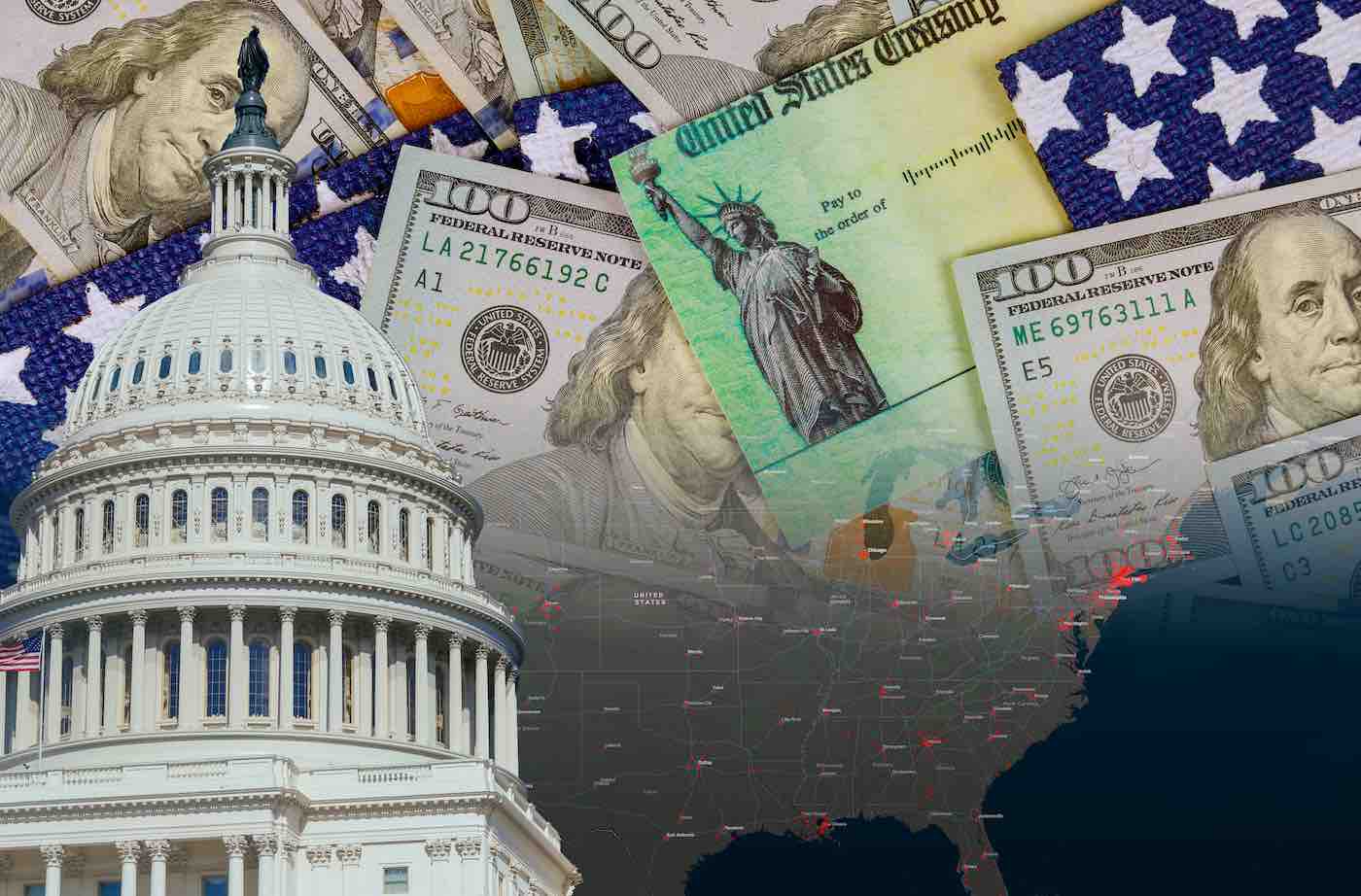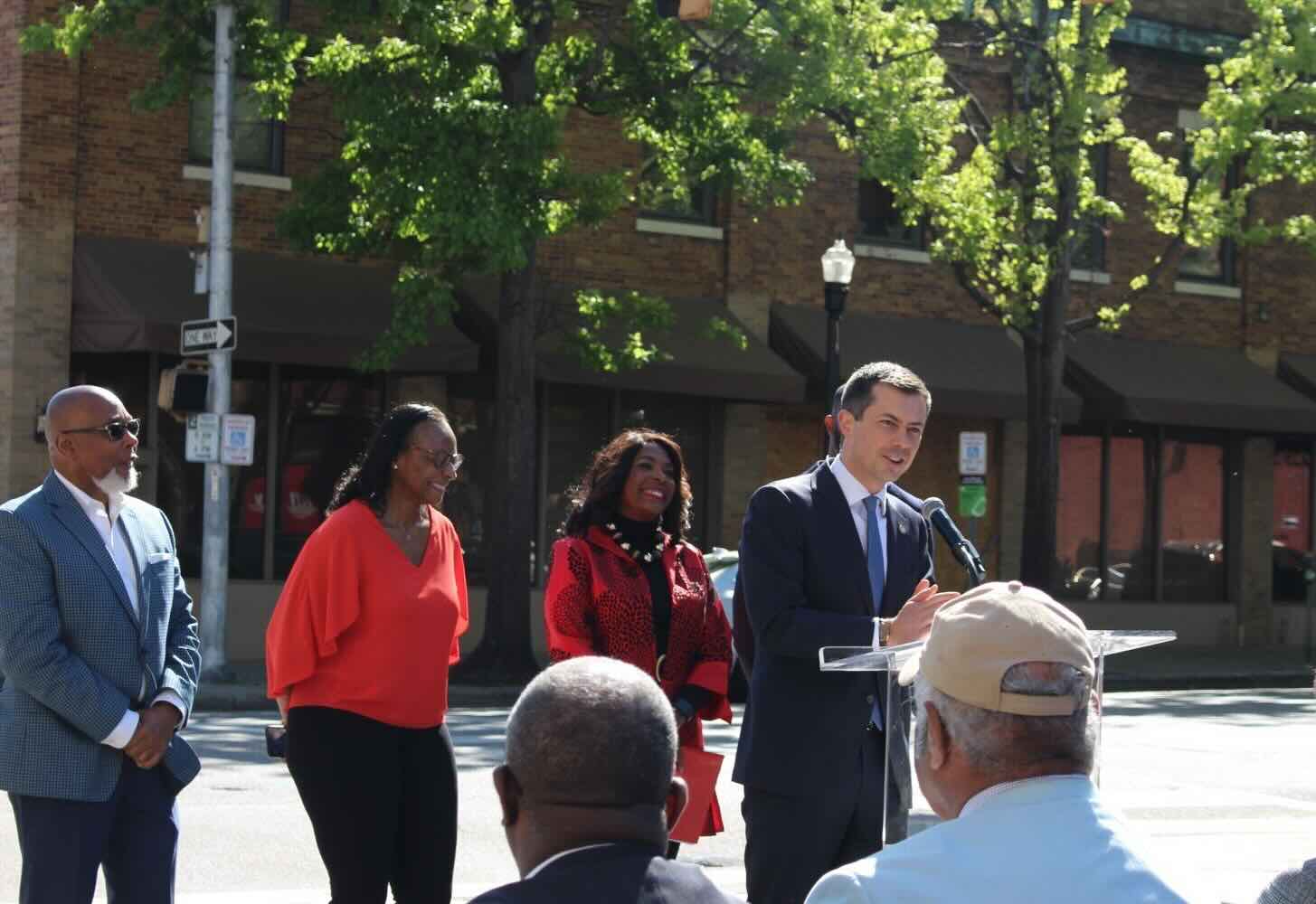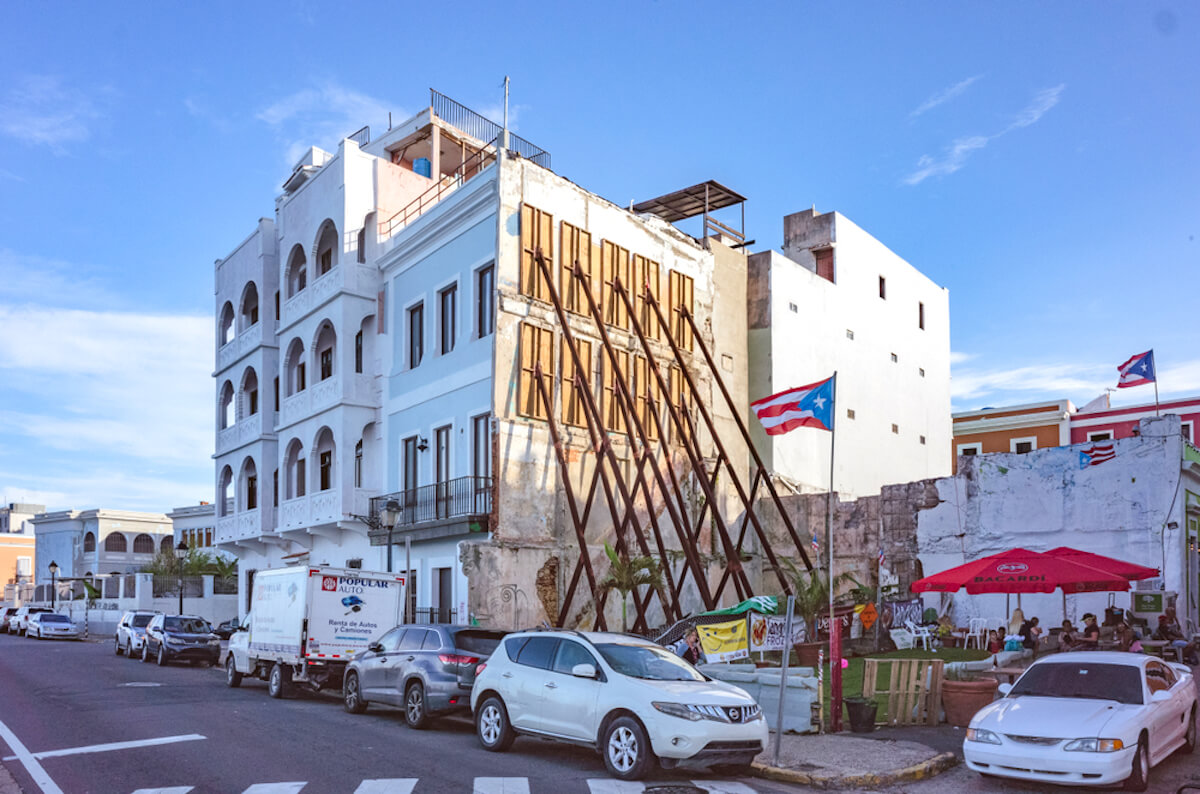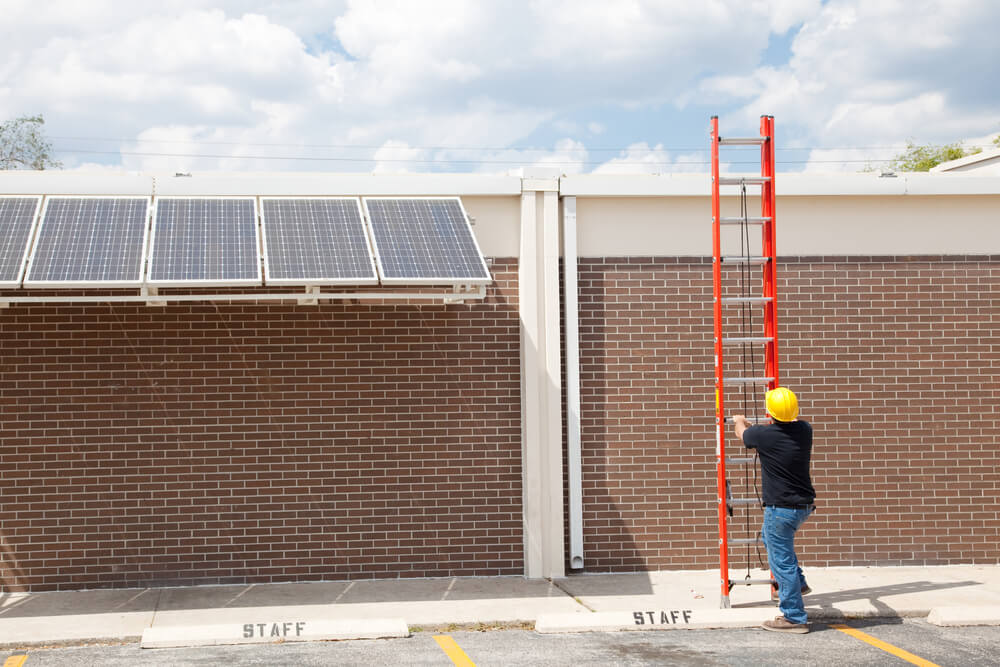ImpactAlpha, Dec. 22 – The $900 billion stimulus bill set to be approved by Congress is being celebrated as a breakthrough for community development lenders.
“This is a powerful milestone for our field,” said Lisa Mensah of the Opportunity Finance Network, which had advocated for at least $1 billion in emergency grant support.
The COVID-19 Emergency Relief bill, part of a larger government spending package, directs $12 billion in flexible capital to community development financial institutions, or CDFIs, and minority-owned depository institutions, or MDIs. That’s in addition to a $15 billion carve-out for such lenders in a fresh $284 billion round of the Paycheck Protection Program, aimed at providing relief to struggling small businesses.
The provisions are “a recognition of the role that we play that can’t be replicated by other institutions,” said Matthew Josephs of the Local Initiatives Support Corp., which, like other CDFIs, rushed aid to communities that mainstream banks don’t reach. With COVID cases spiking, he said, the bill comes “just in the nick of time.”
Equity-like capital. The relief bill establishes a $9 billion Emergency Capital Investment Program, to be run by the Treasury, that will provide long-term, low-cost capital for minority-owned and CDFI banks and credit unions. The funds can be used to provide loans, grants, and forbearance for small businesses and consumers, particularly in low-income communities that have been disproportionately affected by the pandemic.
“When this COVID relief bill is signed, Congress will have created the largest ever fund with financial returns tied to impact objectives,” tweeted Calvert Impact Capital’s Beth Bafford.
A $3 billion boost to the Treasury Department’s CDFI Fund, including $1.2 billion earmarked for “minority lending institutions” that predominantly service communities of color, will support a broader group of CDFIs beyond depository institutions. The first tranche of emergency funds will be deployed over the next 60 days.
Tax credits. The bill also extends a key program relied upon by community developers to attract outside capital. The New Markets Tax Credit program was reauthorized for five years with a $5 billion per year allocation.











